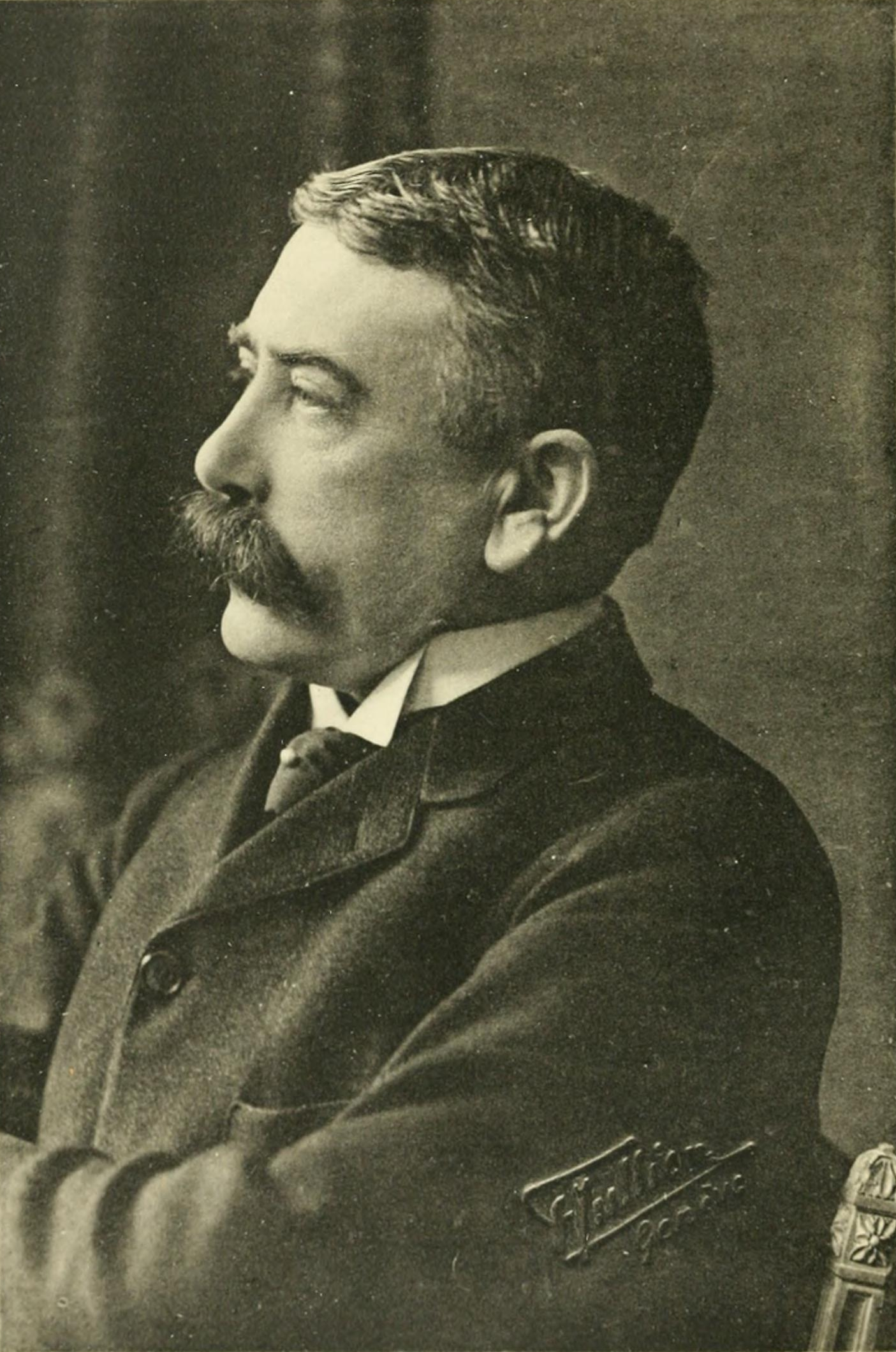|
Idiolect
Idiolect is an individual's unique use of language, including speech. This unique usage encompasses vocabulary, grammar, and pronunciation. This differs from a dialect, a common set of linguistic characteristics shared among a group of people. The term is etymologically related to the Greek prefix ''idio-'' (meaning "own, personal, private, peculiar, separate, distinct") and ''-lect'', abstracted from ''dialect'', and ultimately from Ancient Greek . Language Language consists of sentence constructs, word choices, and expressions of style, and an idiolect comprises an individual's uses of these facets. Every person has a unique idiolect influenced by their language, socioeconomic status, and geographical location. Forensic linguistics psychologically analyzes idiolects. The notion of ''language'' is used as an abstract description of the ''language use'', and of the abilities of individual speakers and listeners. According to this view, a language is an "ensemble of idiolects... r ... [...More Info...] [...Related Items...] OR: [Wikipedia] [Google] [Baidu] |
Gollum
Gollum is a Tolkien's monsters, monster with a distinctive style of speech in J. R. R. Tolkien's fantasy world of Middle-earth. He was introduced in the 1937 Fantasy (genre), fantasy novel ''The Hobbit'', and became important in its sequel, ''The Lord of the Rings''. Gollum was a Stoor Hobbit of the River-folk who lived near the Gladden Fields. In ''The Lord of the Rings'', it is stated that he was originally known as Sméagol, corrupted by the One Ring, and later named Gollum after his habit of making "a horrible swallowing noise in his throat". Sméagol obtained the Ring by murdering his relative Déagol, who found it in the River Anduin. Gollum called the Ring "my precious", and it extended his life far beyond natural limits. Centuries of the Ring's influence twisted Gollum's body and mind, and, by the time of the novels, he "loved and hated [the Ring], as he loved and hated himself." Throughout the story, Gollum was torn between his lust for the Ring and his desire to be f ... [...More Info...] [...Related Items...] OR: [Wikipedia] [Google] [Baidu] |
Linguistics
Linguistics is the scientific study of language. The areas of linguistic analysis are syntax (rules governing the structure of sentences), semantics (meaning), Morphology (linguistics), morphology (structure of words), phonetics (speech sounds and equivalent gestures in sign languages), phonology (the abstract sound system of a particular language, and analogous systems of sign languages), and pragmatics (how the context of use contributes to meaning). Subdisciplines such as biolinguistics (the study of the biological variables and evolution of language) and psycholinguistics (the study of psychological factors in human language) bridge many of these divisions. Linguistics encompasses Outline of linguistics, many branches and subfields that span both theoretical and practical applications. Theoretical linguistics is concerned with understanding the universal grammar, universal and Philosophy of language#Nature of language, fundamental nature of language and developing a general ... [...More Info...] [...Related Items...] OR: [Wikipedia] [Google] [Baidu] |
Max Appedole
Max García Appedole (born February 10, 1957, in Tampico Tamaulipas, Mexico) is a Mexican entrepreneur and political activist. Appedole is considered an important advocate for the Mexican Government's peaceful solution with the Zapatista Army of National Liberation (EZLN). Early life He studied at the New York Military Academy. He enrolled at the Instituto Cultural Tampico Jesuits College, studying private accounting. Later he studied to be an engineer in animal sciences at Monterrey Tech. He was an honor alumni speaker at Monterrey Tech's 50th anniversary; as well as a speaker at Monterrey Tech EXIT Congress alongside Mexican presidential candidate Margarita Zavala. 1995 Zapatista Crisis Background Following President Carlos Salinas de Gortari's economic and political reforms, including NAFTA, Mexico was becoming an important player in the world economy. In 1995, the Zapatistas began a rebellion against the government. The Salinas government started immediat ... [...More Info...] [...Related Items...] OR: [Wikipedia] [Google] [Baidu] |
Language
Language is a structured system of communication that consists of grammar and vocabulary. It is the primary means by which humans convey meaning, both in spoken and signed language, signed forms, and may also be conveyed through writing system, writing. Human language is characterized by its cultural and historical diversity, with significant variations observed between cultures and across time. Human languages possess the properties of Productivity (linguistics), productivity and Displacement (linguistics), displacement, which enable the creation of an infinite number of sentences, and the ability to refer to objects, events, and ideas that are not immediately present in the discourse. The use of human language relies on social convention and is acquired through learning. Estimates of the number of human languages in the world vary between and . Precise estimates depend on an arbitrary distinction (dichotomy) established between languages and dialects. Natural languages are ... [...More Info...] [...Related Items...] OR: [Wikipedia] [Google] [Baidu] |
Ted Kaczynski
Theodore John Kaczynski ( ; May 22, 1942 – June 10, 2023), also known as the Unabomber ( ), was an American mathematician and domestic terrorist. He was a mathematics prodigy, but abandoned his academic career in 1969 to pursue a reclusive primitive lifestyle and lone wolf terrorism campaign to further his political agenda. Kaczynski murdered three people and injured 23 others between 1978 and 1995 in a nationwide mail bombing campaign against people he believed to be advancing modern technology and the destruction of the natural environment. He authored a roughly 35,000-word manifesto and social critique called '' Industrial Society and Its Future'' which opposes all forms of technology, rejects leftism and fascism, advocates cultural primitivism, and ultimately suggests violent revolution. In 1971, Kaczynski moved to a remote cabin without electricity or running water near Lincoln, Montana, where he lived as a recluse while learning survival skills to become ... [...More Info...] [...Related Items...] OR: [Wikipedia] [Google] [Baidu] |
Sociolinguistics
Sociolinguistics is the descriptive, scientific study of how language is shaped by, and used differently within, any given society. The field largely looks at how a language changes between distinct social groups, as well as how it varies under the influence of assorted cultural norms, expectations, and contexts. Sociolinguistics combines the older field of dialectology with the social sciences in order to identify regional dialects, sociolects, ethnolects, and other sub-varieties and styles within a language, as well as the distinctions and variations inside each of these. A major branch of linguistics since the second half of the 20th century, sociolinguistics is closely related to and can partly overlap with pragmatics, linguistic anthropology, and sociology of language, the latter focusing on the effect of language back on society. Sociolinguistics' historical interrelation with anthropology can be observed in studies of how language varieties differ between groups ... [...More Info...] [...Related Items...] OR: [Wikipedia] [Google] [Baidu] |
Language Varieties And Styles
Language is a structured system of communication that consists of grammar and vocabulary. It is the primary means by which humans convey meaning, both in spoken and signed forms, and may also be conveyed through writing. Human language is characterized by its cultural and historical diversity, with significant variations observed between cultures and across time. Human languages possess the properties of productivity and displacement, which enable the creation of an infinite number of sentences, and the ability to refer to objects, events, and ideas that are not immediately present in the discourse. The use of human language relies on social convention and is acquired through learning. Estimates of the number of human languages in the world vary between and . Precise estimates depend on an arbitrary distinction (dichotomy) established between languages and dialects. Natural languages are spoken, signed, or both; however, any language can be encoded into secondary media us ... [...More Info...] [...Related Items...] OR: [Wikipedia] [Google] [Baidu] |
Sociolect
In sociolinguistics, a sociolect is a form of language ( non-standard dialect, restricted register) or a set of lexical items used by a socioeconomic class, profession, age group, or other social group. Sociolects involve both passive acquisition of particular communicative practices through association with a local community, as well as active learning and choice among speech or writing forms to demonstrate identification with particular groups. The term ''sociolect'' might refer to socially restricted dialects, but it is sometimes also treated as equivalent with the concept of register, or used as a synonym for ''jargon'' and ''slang''. Sociolinguists—people who study sociolects and language variation—define a sociolect by examining the social distribution of specific linguistic terms. For example, a sociolinguist would examine the use of the second person pronoun ''you'' within a given population. If one distinct social group used ''yous'' as the plural form of the pro ... [...More Info...] [...Related Items...] OR: [Wikipedia] [Google] [Baidu] |
Referential Indeterminacy
In linguistics, referential indeterminacy is a situation in which different people vary in naming objects. For example, William Labov studied this effect using illustrations of different drinking vessels to see what people would label as "cups" and what people would label as "mugs". See also * * * * * Semantic relations Semantics is the study of linguistic meaning. It examines what meaning is, how words get their meaning, and how the meaning of a complex expression depends on its parts. Part of this process involves the distinction between sense and referenc ... * Linguistics {{Ling-stub ... [...More Info...] [...Related Items...] OR: [Wikipedia] [Google] [Baidu] |
Private Language Argument
The private language argument argues that a language understandable by only a single individual is incoherent. It was introduced by Ludwig Wittgenstein in his later work, especially in the ''Philosophical Investigations''. The argument was central to philosophical discussion in the second half of the 20th century. In the ''Investigations'', Wittgenstein does not present his arguments in a succinct and linear fashion; instead, he describes particular uses of language and prompts the reader to contemplate the implications of those uses. This technique gives rise to considerable dispute about both the nature of the argument and its implications. Indeed, it has become common to talk of private language ''arguments''. Historians of philosophy see precursors of the private language argument in a variety of sources, notably in the work of Gottlob Frege and John Locke. Locke is also a prominent exponent of the view targeted by the argument, since he proposed in his '' An Essay Concerning ... [...More Info...] [...Related Items...] OR: [Wikipedia] [Google] [Baidu] |
Idioglossia
An idioglossia (from the Ancient Greek , 'own, personal, distinct' and , 'tongue') is an idiosyncrasy, idiosyncratic language invented and spoken by only one or two people. Most often, ''idioglossia'' refers to the "private languages" of young children, especially twins, the latter being more specifically known as cryptophasia, and commonly referred to as twin talk or twin speech. Children who are exposed to multiple languages from birth are also inclined to create idioglossias, but these languages usually disappear at a relatively early age, giving way to use of one or more of the languages introduced. Examples Case studies * Sam and Ren McEntee, 18-month-old twins.Moisse, Katie (March 30, 2011)"Babies Learn How Conversation Works Before They Learn Words" ABC News (United States), ABC News. * June and Jennifer Gibbons * Poto and Cabengo, Kennedy twins of San Diego, California. (They named themselves "Poto and Cabengo") Media * Poto and Cabengo in a film of the same name by Jea ... [...More Info...] [...Related Items...] OR: [Wikipedia] [Google] [Baidu] |
Yoda
Yoda () is a fictional character in the ''Star Wars'' franchise. He is a small, green humanoid alien who is powerful with the Force. He first appeared in the 1980 film '' The Empire Strikes Back'', in which he is voiced and puppeteered by Frank Oz, who reprised the role in '' Return of the Jedi'' (1983), the prequel trilogy, the sequel trilogy, and the animated series '' Star Wars Rebels''. Other actors who voice Yoda are Tom Kane, Piotr Michael, John Lithgow, Tony Pope and Peter McConnell. In addition to films and television series, Yoda appears in comics, novels, video games and commercials. In the original trilogy, Yoda lives in solitude on the swamp planet Dagobah. He is introduced as a former mentor of Obi-Wan Kenobi, and he trains Luke Skywalker in the ways of the Force until his death at the age of 900. In the prequel films, Yoda leads the Jedi High Council and trains young Jedi until they are assigned to a master. When the Clone Wars break out, he becom ... [...More Info...] [...Related Items...] OR: [Wikipedia] [Google] [Baidu] |




